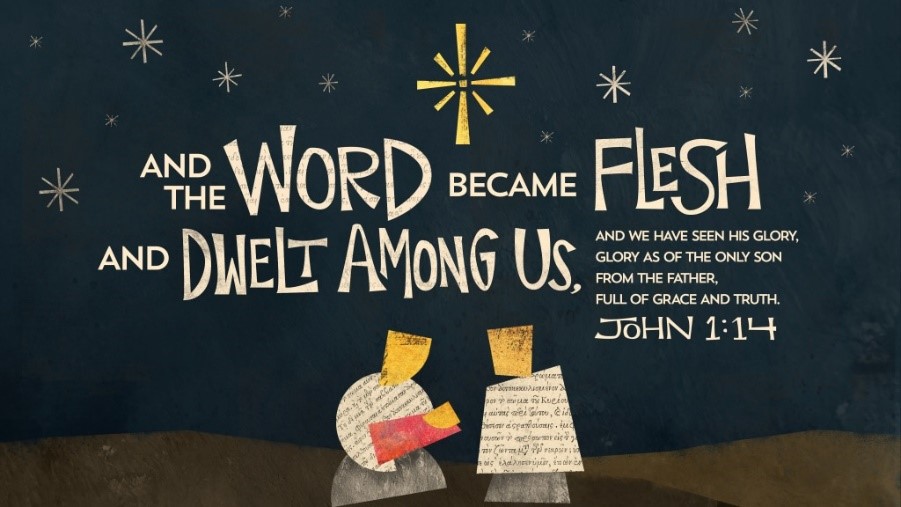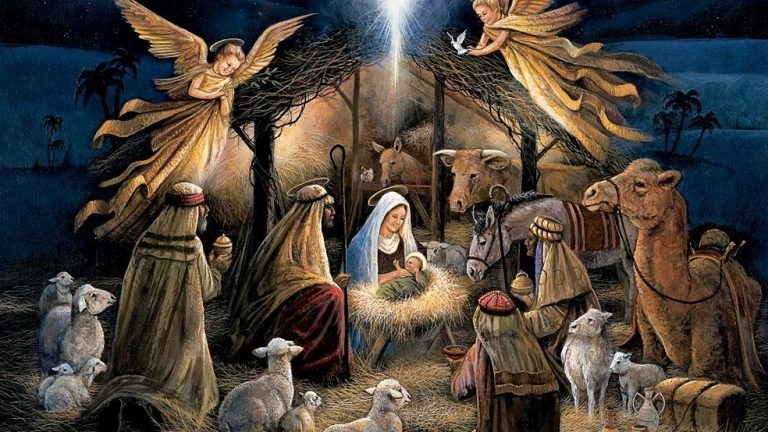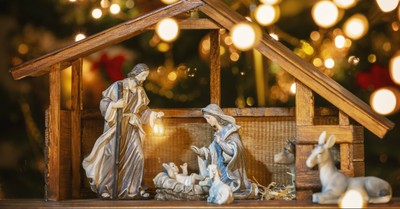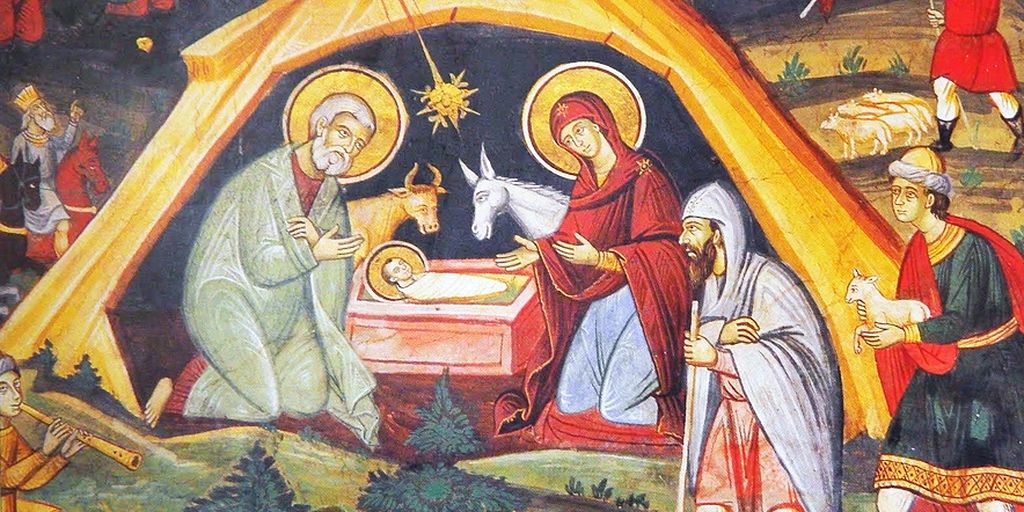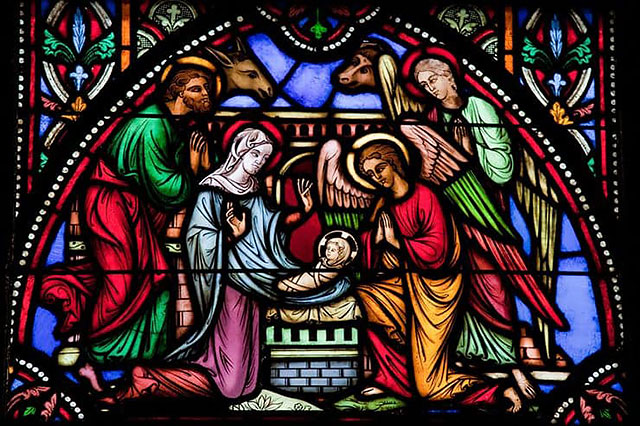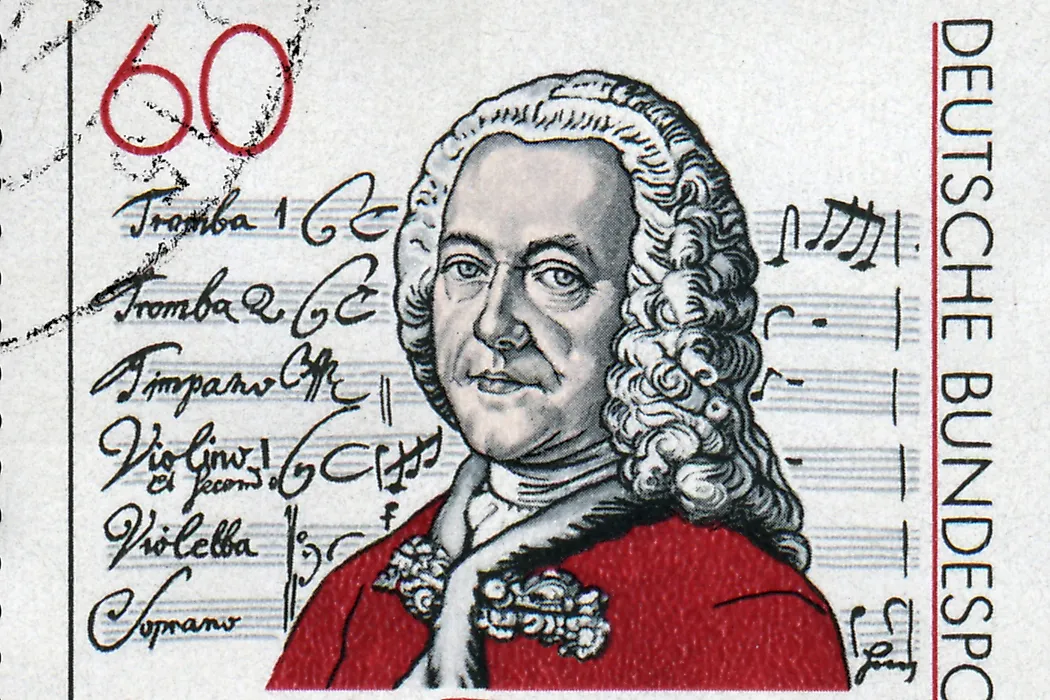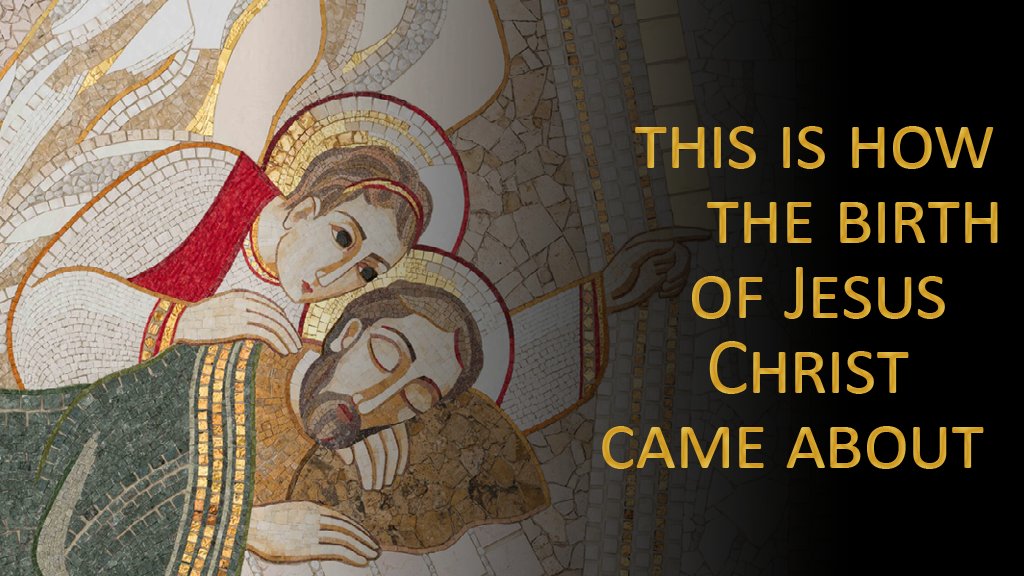Let me take this opportunity before Christmas to grate on a few nerves. One of the disquieting circumstances of a typical Lutheran parish is the state of music. Whether we are talking about discs that replace a person at the keys or speakers that play recorded music instead of live singers or spoken services that replace the sung liturgy that is our norm, things are not good. Pipe organs are being ripped out of congregations that have chosen to focus on the diva and praise band and of buildings being closed because the congregation is dwindling. It is a sad state of affairs, to be sure. Included in that is not only the lack of song from the pews but the demise of the parish choir.
While deeply personal, music is also a public expression -- dare I say public confession? It is one that joins the voices of individuals into a larger common voice. The parish choir was once a staple of Lutheran congregations. Whether they sang the traditional anthems or the liturgical songs of the pericopes (Introit, Gradual, Psalm, etc.), the parish choir was not there to entertain but to lead the congregational song. Music is one of the truly unifying forces within the community of the Church but it has become a divisive one along preference lines rather than liturgical. The ministry of music within the Lutheran congregation has been not only one of our distinctives but a profound and powerful force by which we are served by the Word in song and uplifted as people who praise the Lord with musical instrument and the voice.
Why do we sing? Why sing in the Divine Service? Have we forgotten the answer to those questions? Music is not simply or even primarily about self-expression but is God's gift to a people whom He has delighted to cause His own and on which He has bestowed the riches of His mercy. In response, we sing. It is literally that simple. The Church could make a theological explanation on so many different levels but it is probably best to begin with this. We sing because God has given us something to sing about.
Though we attribute to Saint Augustine the quote, “He who sings once, prays
twice,” what Saint Augustine did say is even more profound: “To sing is a sign of love. The singer of this new
song is full of the warmth of God’s love.” (Sermon 336) We pray, praise, and give thanks and all of these are framed by the gift of music and manifested in the voices united in song. It can be as simple as Kyrie eleison in response to the bidding of the pastor or deacon or it can be as elaborate as a polyphonic setting of the Gloria in Excelsis. In any case, the Church's song is more urgently needed now in the state of Christianity's fractured witness to the world and our compromise with culture against the doctrines of Scripture.
As the Church, we are in a very difficult state and that is surely reflected in the state of music within the parish. We waited for years to welcome back with open arms a flock dispersed
in and after the height of the pandemic. Some of them have yet to return and may never. Many parishes find their weekly life around the Word preached and the Eucharist administered compromised by those who are missing and are preoccupied with the struggle to get their families, parishioners, and singers to return. The choirs were threatened long before Covid but now the state of the choir is severely stressed -- having lost members and in limbo for two years. Many choirs are only now rebuilding, recruiting, and trying to redevelop what was. Support them. Support them with your encouragement and your dollars but most of all with your presence. The choral life of every parish depends upon your presence, your voice, and your witness --now more than ever!

Rise up, people of God! Reclaim the Church's song with your voice in liturgy and hymn. Reclaim the Church's grand and glorious choral heritage by demanding a choir, a good parish musician, decent instruments to lead God's praises, and by showing up to rehearsal to lead God's people in song. I write this now because none of us could imagine a Christmas Eve service without carols and songs and hymns. We miss the choir at the festival times more than ever. So work now to make sure what is missing at Christmas or tenuous for the rest of the year has your support and presence after Christmas. Music moves the soul -- not simply with rhythm or sound but with the wonderful and God's given unity between text and tune that opens our mouths and gives us something to sing about. Join the choir. Start one if there is none. Aid and assist your parish organist and choir director so that they are not out there alone. Insist to your pastor that he gives the musical life of the parish his fullest and most visible support.
We are the Church of Telemann, Pachelbel, Brahms, Scheidt, Schein, Walther, Kuhnau, Schuetz, Mendelssohn, and, of course, Bach. Are we going to let the legacy of these individuals become a ruin in our age?





